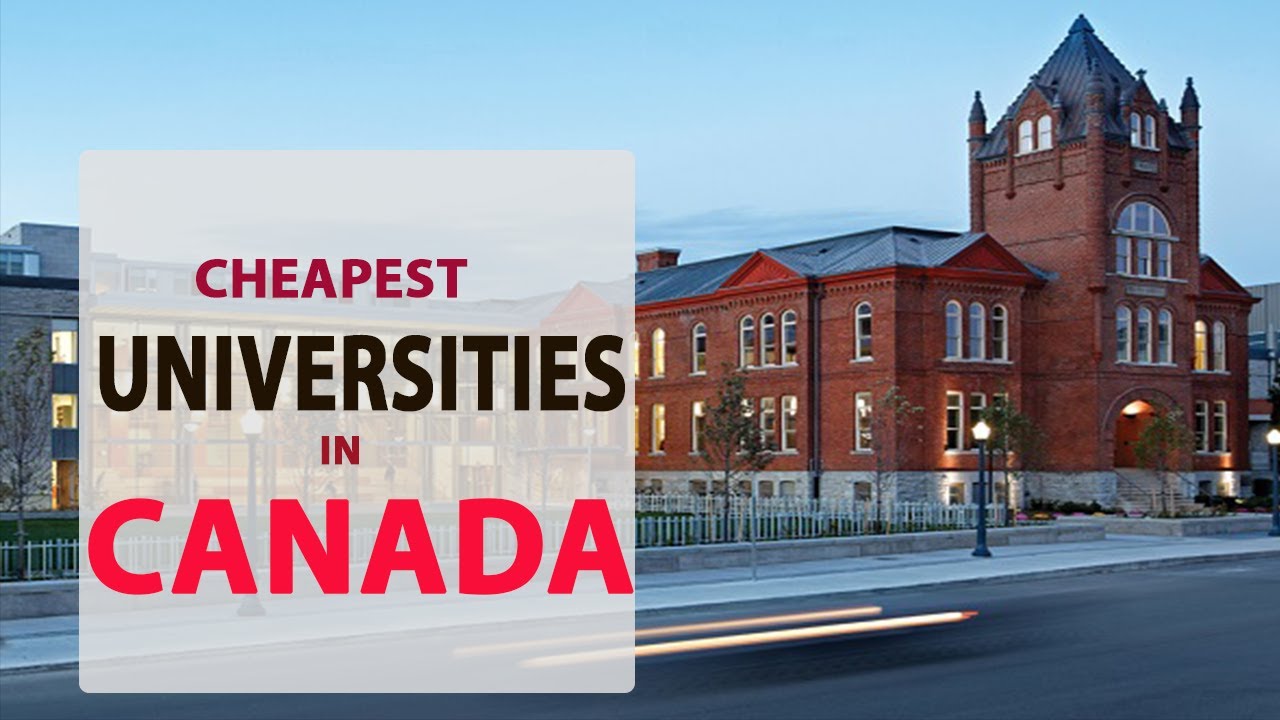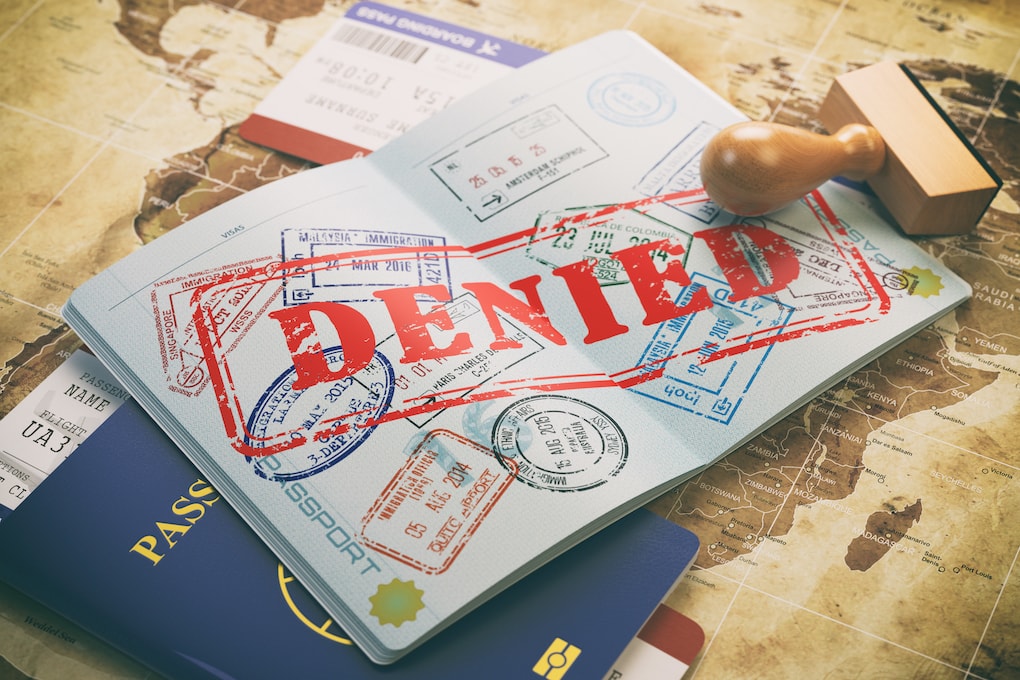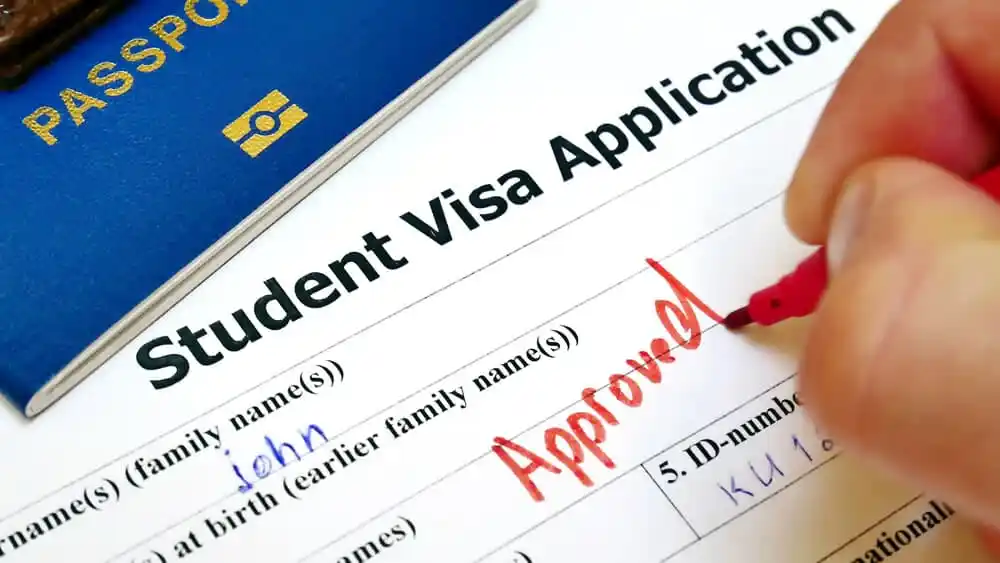To apply for Canada student visa in Nigeria, you need to get all the facts right. The Canadian Embassy has refused many applications because applicants failed to abide by rules. If you want to get the right information about Canada student visa application in Nigeria, then stay with us.
Canada is the widest country in North America and second biggest in the world. Many know Canada specifically because of her vast landscape, multifaceted history and tolerant blend of different cultures. It is also considered as one of the wealthiest countries in the world and a major destination for tourism.
The country is of British heritage and most Canadians are proud of this. Historically, Britain and France have hugely influenced Canada, which is why some parts of the country (like New Brunswick and Quebec) primarily speak French.
What is Canada Student visa?
If you have the intention of studying in Canada, you need visa for this purpose. The visa serves as permit for visitors to stay and study within Canada. Officially, it is called a student permit and you can obtain it here in Nigeria provided you have all the required documents.
The Canadian Visa Application Centre (CVAC) is authorized to accept application and process Canada student visa in Nigeria. When you follow their guidelines, getting the Canada student visa in Nigeria can be easy.
Why you should study in Canada
Universities in Canada are ranked in the top 100 best universities worldwide and over 100,000 international students enroll annually.
Canadian universities are known globally for offering a high quality and research oriented education. The schools are less expensive when compared to the UK and the US, which is why most students prefer them. For more information on how you can get started, book a free consultation with us
Nigerian Students in Canada
Nigerian students make up a substantial amount of international students in Canada. There are benefits for Nigerians that decide to study in Canada because it has one of the best and safest environments for studies.
Canada Student Visa Requirements for Nigerian Citizens
As a Nigerian citizen applying for Canada student visa, there are requirements you need to satisfy in order to make the process of your visa application easy and also to avoid unnecessary complications. The following are the documents you need to have in your possession before starting the procedure for your visa application:
– Passport: You need to present an original and photocopy of your Nigerian Passport. The passport must be valid for at least 6 months of your stay in Canada and should have at least two blank spaces.
– Photograph: You need two colour photographs that are recently taken. Ensure that the photographs show your full face. It must also be clear and taken with a plain background. It should have a dimension of about 35-40mm.
– Flight reservation: Also, you need to present a flight ticket reservation. This should show the airline, date and time of arrival in Canada.
– Hotel reservation: If your school does not have any plans for accommodation, you should present a confirmation for hotel reservation.
– Cover/Motivation Letter: This explains your plans for study. It also helps you assure the consular officer that you are passionate about your course of study and deserves a study visa.
– Proof of acceptance: if you have the intention of studying in any Canadian institution, you will need to apply for it. The school will send you a letter of acceptance as a proof that you have been offered admission to study there. This letter should be included with your student permit application.
– Proof of financial support: you must prove that you have sufficient funds in your account that will cater for your needs while you stay and study in Canada. Apart from tuition fee payment, the Canadian authorities expect you to set aside CAD $ 11,000 for your upkeep.
Proof of financial capabilities can come in form of your statement of account or your sponsors. In the case where you present your sponsor’s bank statement, you should submit a sponsorship affidavit to your documents.
– Health status: There is need to provide a medical report. The report will contain your medical history and proof of good health.
– Certificates of Social ties: These include your marriage certificate (if married) and birth certificate of your children (if applicable).
– Introduction letter from employer
– Police Certificate: A certificate from the police station will also be required stating that you do not have any criminal record.
– Academic certificate: You will need to get all certificates from the previous institutions you have attended. You can also get transcripts and other proofs that you have attended other schools prior to your application.
How to Apply for Canada Student Visa in Nigeria: Step by Step
For easy Canada student visa application in Nigeria, below is a step by step guide that will ensure easy processing and fast approval.
1- Gain Admission
Apply for admission into a Canadian educational institution. It is important to secure an admission first because one of the basic requirements for Canada student visa application is getting a letter of admission and acceptance from an institution in Canada.
2- Gather Supporting Documents
Fill the student permit form. Then gather all the aforementioned supporting documents. These documents are important because they represent you at the embassy. You should make photocopies of each document and if possible scan them into an electronic device like a computer system or flash drive.
3- Submit at the VAC
After submitting your application and making the required payments, a receipt will be issued to you which contains a tracking number. You will use the tracking number to track the progress of the visa application process. Also, be ready for a interview
4- Track your application online
When you are ready to track your visa application, click here. This helps to see the stage of your visa application and know when you can collect your passport.
5- Collect your passport
The last step is to visit the visa application centre (handled by VFS) to collect your visa when it is ready. You will be notified when it is ready for collection.
Canada Visa Appointment Booking
There is no need for appointment booking because the VFS Global oversees Canada visa application collection in Nigeria. Payments and application submission can be done online or physically at the visa application centre.
FAQs on How to Apply for Canada Student Visa
Below are answers to some important questions that you need to know about Canada student visa in Nigeria.
How much is Canada Student visa fee in Nigeria?
The fee for Canada student visa in Nigeria varies from time to time. At this time, the fee for the study permit is about $150 (CAD) and then biometrics fee is $85 (CAD). You will also need to pay a service fee of $45. For more on visa fees, click here to use the NaijaGoingAbroad visa fee calculator.
How long does it take to process Canadian visa in Nigeria?
The time for processing Canadian visa in Nigeria varies depending on the type of application you submit and number of applicants at that time. The ideal period is usually eight weeks. To ensure that you have fast approval, you need to apply early before the academic year commences at full swing.
Where is Canada embassy in Nigeria?
The Canadian embassy in Nigeria is located at Anifowoshe street, Victoria Island, Lagos. You can also visit the Canada Visa Application Centre at 62, Lobito Crescent, Wuse 2, Abuja or Manor Hall, plot 110, Admiral Ayinla way, Opposite Treasure Garden Estate, Third roundabout, Lekki Phase 1, Lagos.
Where do I download Canada visa application form?
You can download Canada visa application form on the Citizenship and Immigration Canada (CIC) website.
Conclusion
To get Canada student visa in Nigeria easily, ensure you adhere strictly to the guidelines listed in this article. This will also help make the process smooth and the reduce stress of tracking the process.
With the information contained in this article, you can start the process for the visa application provided you have all the required documents.









